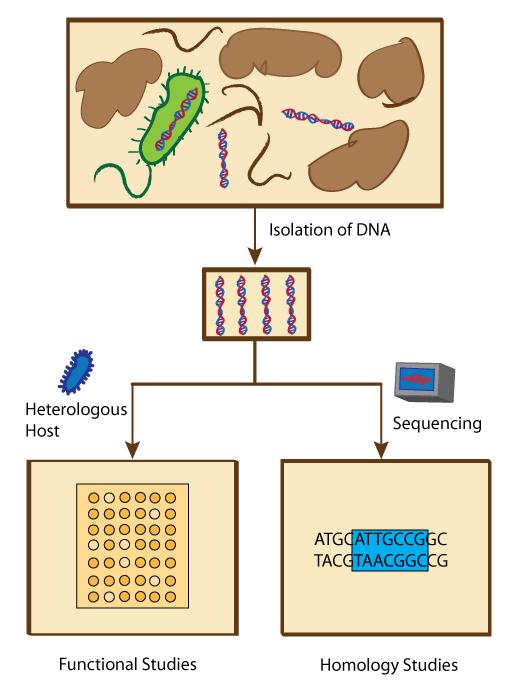|
TU Dortmund University
TU Dortmund University (german: Technische Universität Dortmund) is a technical university in Dortmund, North Rhine-Westphalia, Germany with over 35,000 students, and over 6,000 staff including 300 professors, offering around 80 Bachelor's and master's degree programs. It is situated in the Ruhr area, the fourth largest urban area in Europe. The university is highly ranked in terms of its research performance in the areas of physics, electrical engineering, chemistry and economics. The university pioneered the Internet in Germany, and contributed to machine learning (in particular, to support-vector machines, and RapidMiner). History The University of Dortmund (German: ''Universität Dortmund'') was founded in 1968, during the decline of the coal and steel industry in the Ruhr region. Its establishment was seen as an important move in the economic change (''Strukturwandel'') from heavy industry to technology. The university's main areas of research are the natural sciences, ... [...More Info...] [...Related Items...] OR: [Wikipedia] [Google] [Baidu] |
Public University
A public university or public college is a university or college that is in state ownership, owned by the state or receives significant government spending, public funds through a national or subnational government, as opposed to a private university. Whether a national university is considered public varies from one country (or region) to another, largely depending on the specific education landscape. Africa Egypt In Egypt, Al-Azhar University was founded in 970 AD as a madrasa; it formally became a public university in 1961 and is one of the oldest institutions of higher education in the world. In the 20th century, Egypt opened many other public universities with government-subsidized tuition fees, including Cairo University in 1908, Alexandria University in 1912, Assiut University in 1928, Ain Shams University in 1957, Helwan University in 1959, Beni-Suef University in 1963, Zagazig University in 1974, Benha University in 1976, and Suez Canal University in 1989. Kenya ... [...More Info...] [...Related Items...] OR: [Wikipedia] [Google] [Baidu] |
Engineering
Engineering is the use of scientific method, scientific principles to design and build machines, structures, and other items, including bridges, tunnels, roads, vehicles, and buildings. The discipline of engineering encompasses a broad range of more specialized List of engineering branches, fields of engineering, each with a more specific emphasis on particular areas of applied mathematics, applied science, and types of application. See glossary of engineering. The term ''engineering'' is derived from the Latin ''ingenium'', meaning "cleverness" and ''ingeniare'', meaning "to contrive, devise". Definition The American Engineers' Council for Professional Development (ECPD, the predecessor of Accreditation Board for Engineering and Technology, ABET) has defined "engineering" as: The creative application of scientific principles to design or develop structures, machines, apparatus, or manufacturing processes, or works utilizing them singly or in combination; or to construct o ... [...More Info...] [...Related Items...] OR: [Wikipedia] [Google] [Baidu] |
Chemical Biology
Chemical biology is a scientific discipline spanning the fields of chemistry and biology. The discipline involves the application of chemical techniques, analysis, and often small molecules produced through synthetic chemistry, to the study and manipulation of biological systems. In contrast to biochemistry, which involves the study of the chemistry of biomolecules and regulation of biochemical pathways within and between cells, chemical biology deals with chemistry ''applied to'' biology (synthesis of biomolecules, the simulation of biological systems, etc.). Introduction Some forms of chemical biology attempt to answer biological questions by studying biological systems at the chemical level. In contrast to research using biochemistry, genetics, or molecular biology, where mutagenesis can provide a new version of the organism, cell, or biomolecule of interest, chemical biology probes systems '' in vitro'' and '' in vivo'' with small molecules that have been designed for a ... [...More Info...] [...Related Items...] OR: [Wikipedia] [Google] [Baidu] |
Chemistry
Chemistry is the scientific study of the properties and behavior of matter. It is a natural science that covers the elements that make up matter to the compounds made of atoms, molecules and ions: their composition, structure, properties, behavior and the changes they undergo during a reaction with other substances. Chemistry also addresses the nature of chemical bonds in chemical compounds. In the scope of its subject, chemistry occupies an intermediate position between physics and biology. It is sometimes called the central science because it provides a foundation for understanding both basic and applied scientific disciplines at a fundamental level. For example, chemistry explains aspects of plant growth ( botany), the formation of igneous rocks ( geology), how atmospheric ozone is formed and how environmental pollutants are degraded ( ecology), the properties of the soil on the moon ( cosmochemistry), how medications work (pharmacology), and how to collect DNA ... [...More Info...] [...Related Items...] OR: [Wikipedia] [Google] [Baidu] |
Physics
Physics is the natural science that studies matter, its fundamental constituents, its motion and behavior through space and time, and the related entities of energy and force. "Physical science is that department of knowledge which relates to the order of nature, or, in other words, to the regular succession of events." Physics is one of the most fundamental scientific disciplines, with its main goal being to understand how the universe behaves. "Physics is one of the most fundamental of the sciences. Scientists of all disciplines use the ideas of physics, including chemists who study the structure of molecules, paleontologists who try to reconstruct how dinosaurs walked, and climatologists who study how human activities affect the atmosphere and oceans. Physics is also the foundation of all engineering and technology. No engineer could design a flat-screen TV, an interplanetary spacecraft, or even a better mousetrap without first understanding the basic laws of physics ... [...More Info...] [...Related Items...] OR: [Wikipedia] [Google] [Baidu] |





